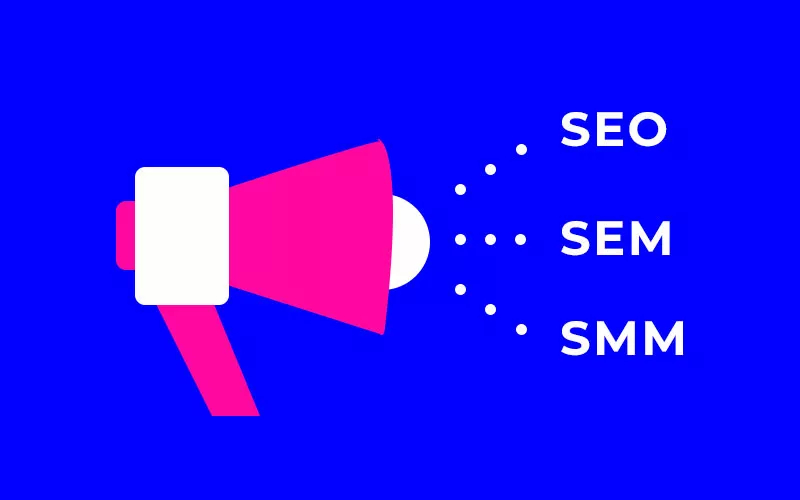SEO VS SEM VS SMM
These three abbreviations are well known within the online digital marketing realm, this study will explain the differences between them and the pros and cons of each marketing channel.
SEO (Search engine optimization)
As the name suggests, optimizing your website, content and everything in-between to appear within google search results. SEO is all about consistency and patience, but the rewards are greater than any other channel. Disregard those that say you can rank in top positions within a short time period, SEO takes time to build authoritativeness and trust, results may not start to surface immediately and may take up to 3-6months or even 12 months depending on how competitive the industry is for those keywords.
PRO’S
- Customers are utilizing google to search for your product and service
- Customers who come from organic search engage more with your digital property
- Customers from organic search are more loyal and have a higher CLV (customer lifetime value) than any other channel
- The cost of SEO is relatively fixed (dependent on the agency your working with)
- SEO reports to have one of the highest returns of investment than any other channel
CON’S
- It may take 3-6 months before results start to surface and up to a full year before experiencing substantial return on investment.
- Google is constantly changing its algorithm and it is near impossible to consistently control keyword ranking positions
- SEO is not a guaranteed return on investment, factors such as algorithms, website integrity, web agency performance etc play a part in the performance of SEO.
- Can be difficult to measure without comprehensive tools
SEM (Search engine marketing)
In this instance we will be discussing Google ads, which is the largest network of pay per click advertising. Some marketers refer Google Ads as being called SEA (Search engine advertising) instead of SEM. As the name suggest pay per click advertising is getting your advert listed within the higher echelons of googles search results, in most cases above all organic results utilizing a pay per click model.
Depending on your campaign settings your advert may be seen on the search network in the form of a contextual advert, or a display ad on specific websites within Google’s network and lastly on googles owned video network YouTube.,. Just like SEO you are also appearing for keyword searches but in this instance your advert is triggerd when a user searches for a keyword that you have placed a bid on.
PRO’S
- Highly measurable
- appear at the top of results instantly
- segmentation possibilities advertise on search, display and video network as well as by demographics, geo-location etc
- target shoppers directly looking to buy using purchase intent keywords
- only pay for a click, guaranteed traffic (unlike pay per impression model)
CON’S
- once your budget expires your placements will disappear immediately
- can be very costly dependent on industry and other competitors bidding for the same keywords
- can be interruptive to end users, due to seeing non relevant ads, invading users space or advert repetition
SMM (Social media marketing)
With no introduction, Facebook is the largest social media advertising platform, by advertising on Facebook your business is exposed to millions of users around the globe. Unlike Google ads pay per click model, Facebook utilizes cost per impression. Your advert is shown to your target audience within their Facebook feed.
PRO’S
- Immediately get exposed to millions of users on the facebook social network
- Easier model for lead generation campaign by utilizing the native facebook optin form advert
- Higher chance to go viral, users can like, share, tag and comment on your advert, thus exposing it to their network of friends and associates.
CON’S
- More difficult to draw users attention as on social media platforms users are mostly engaging with their friends and family and not actively looking to buy products or services.
- Facebook’s algorithm is constantly changing so results and costs of advertising may fluctuate randomly.


